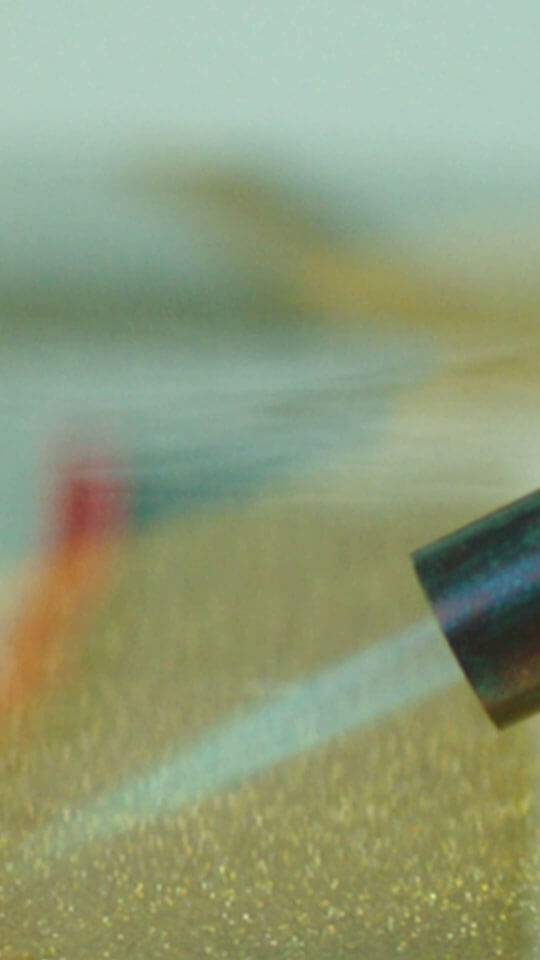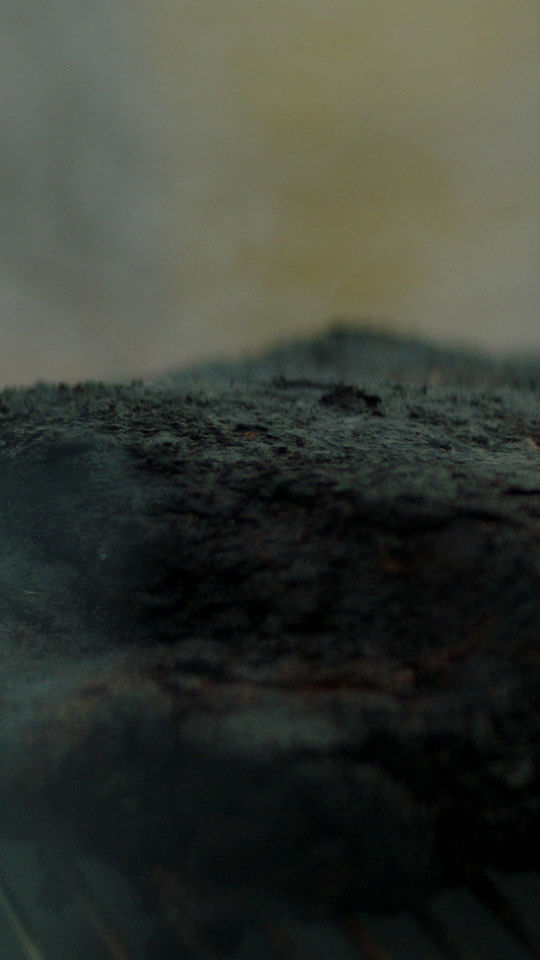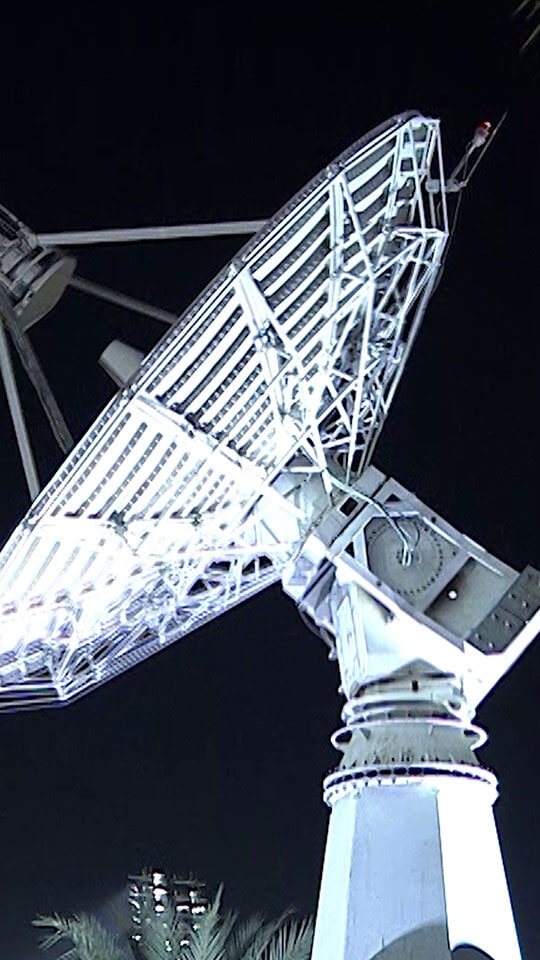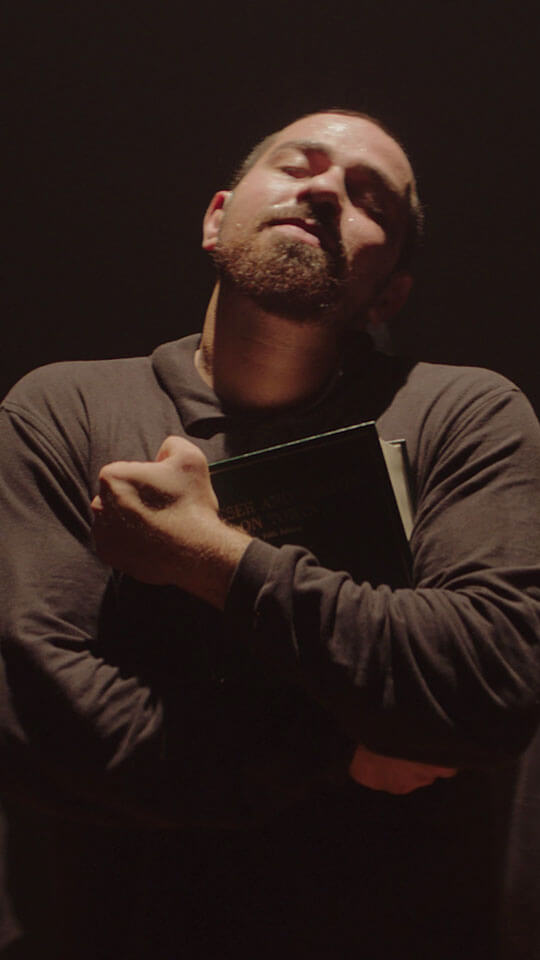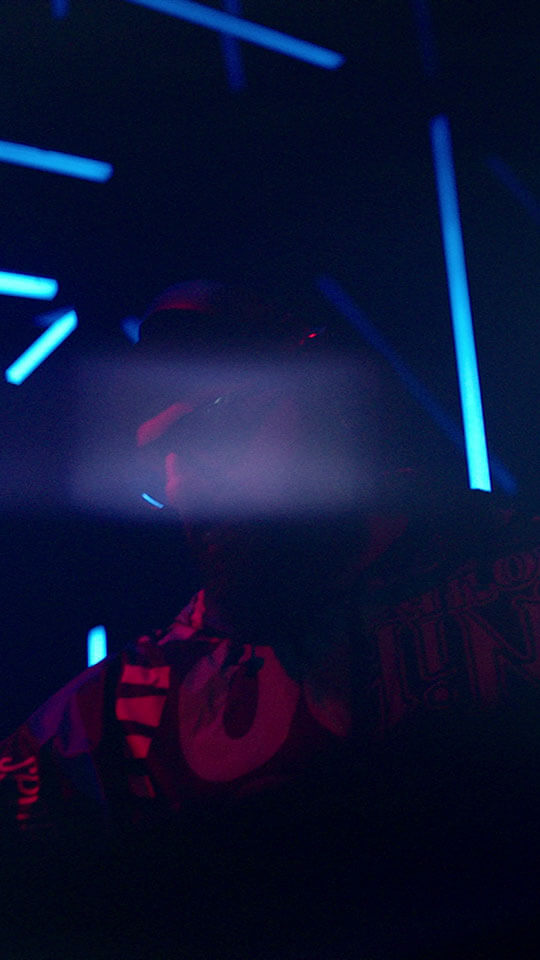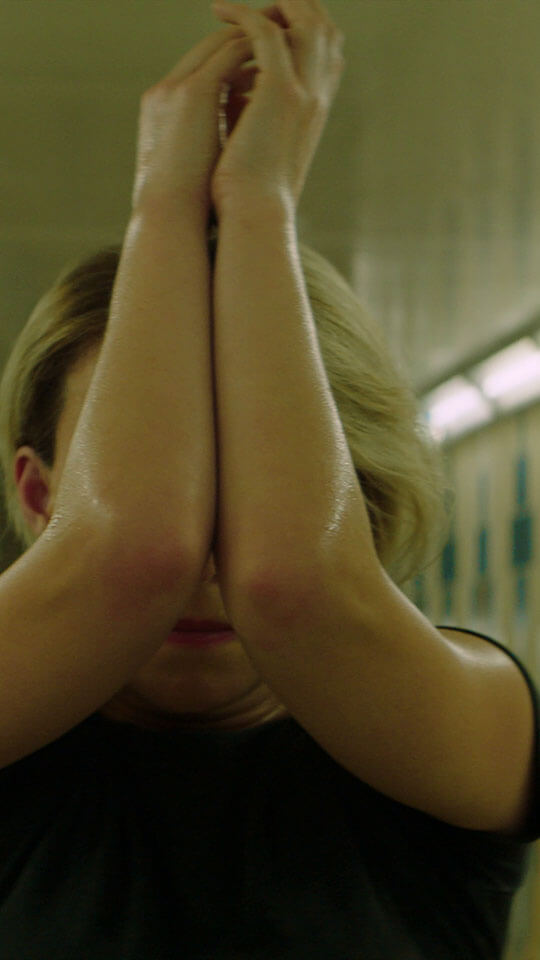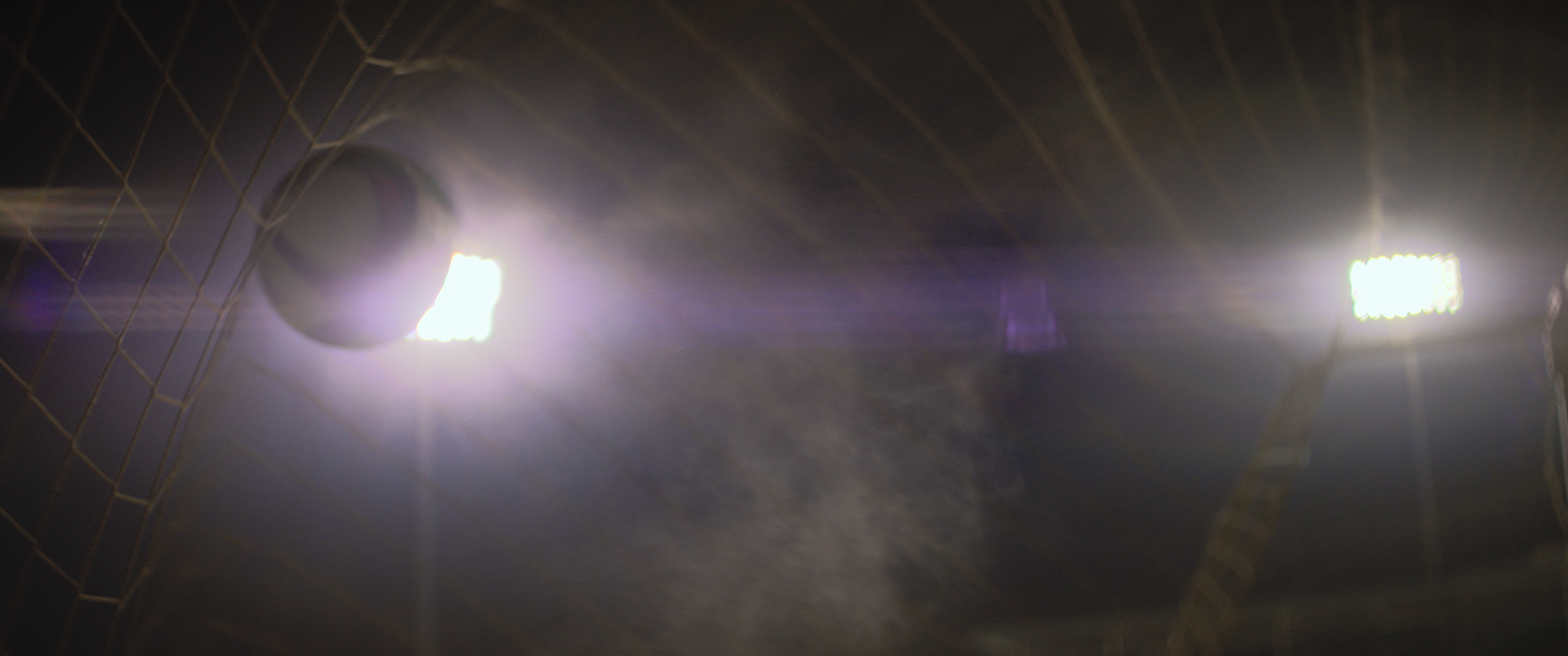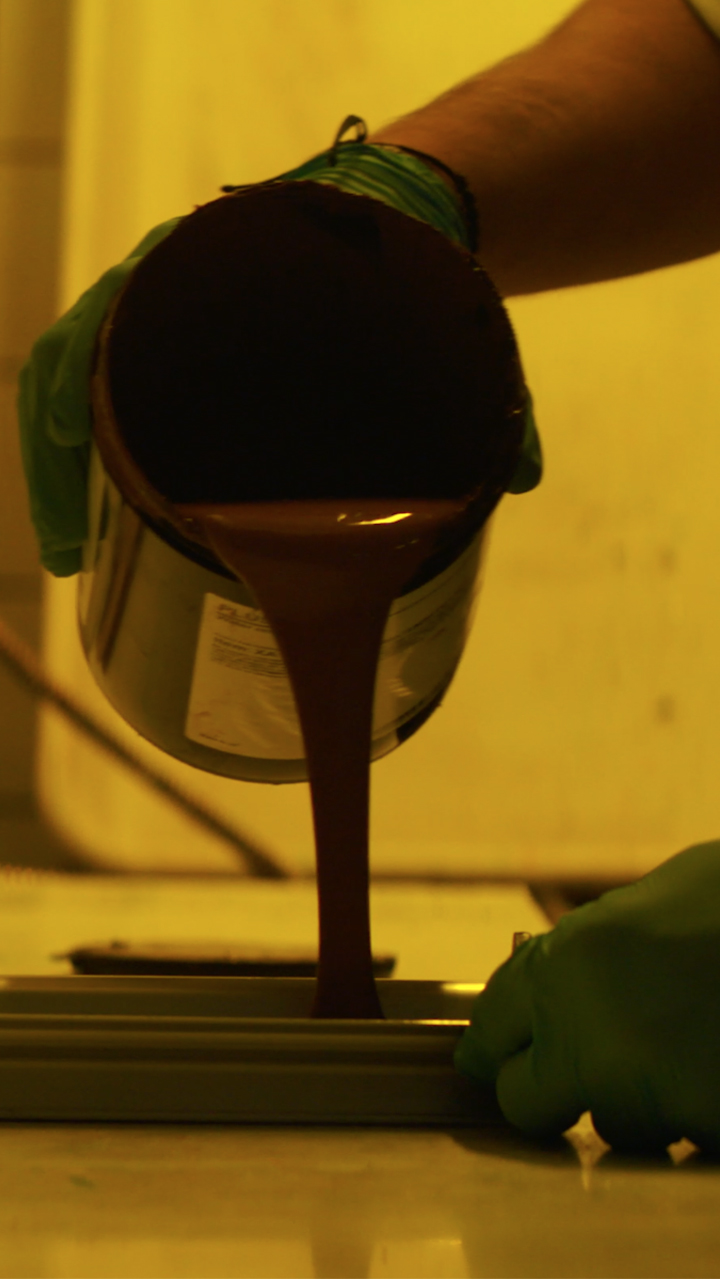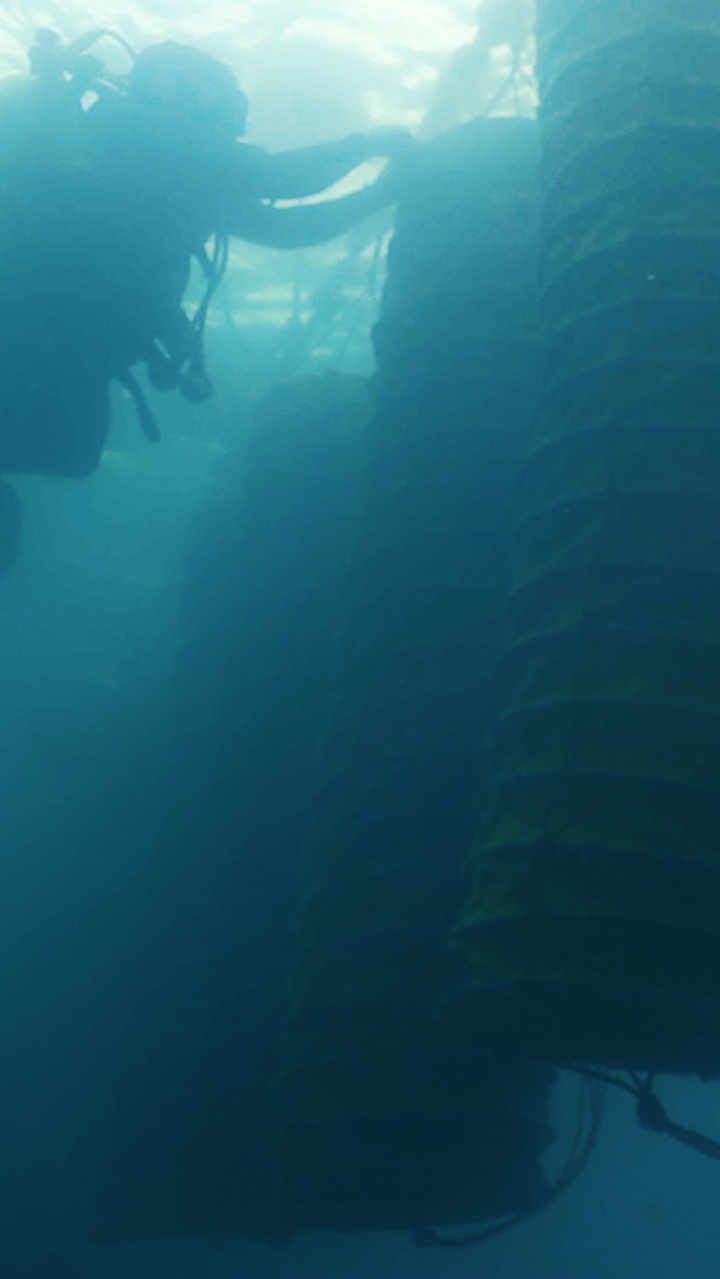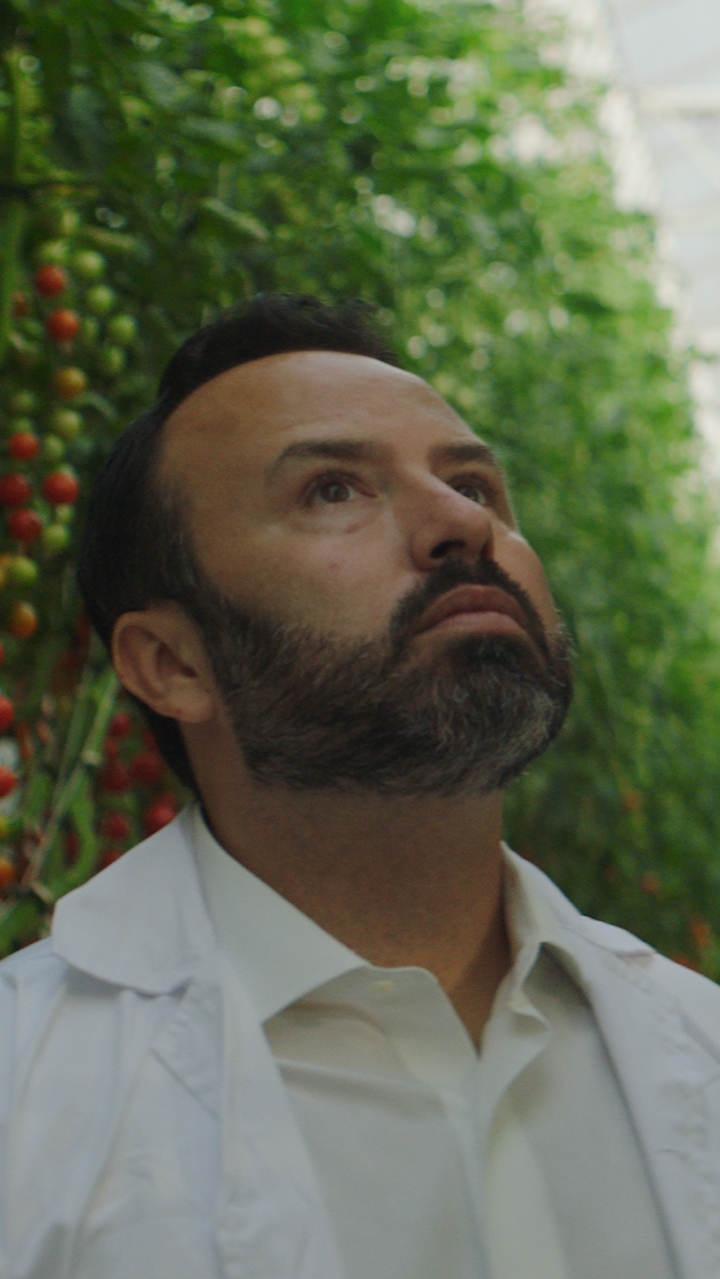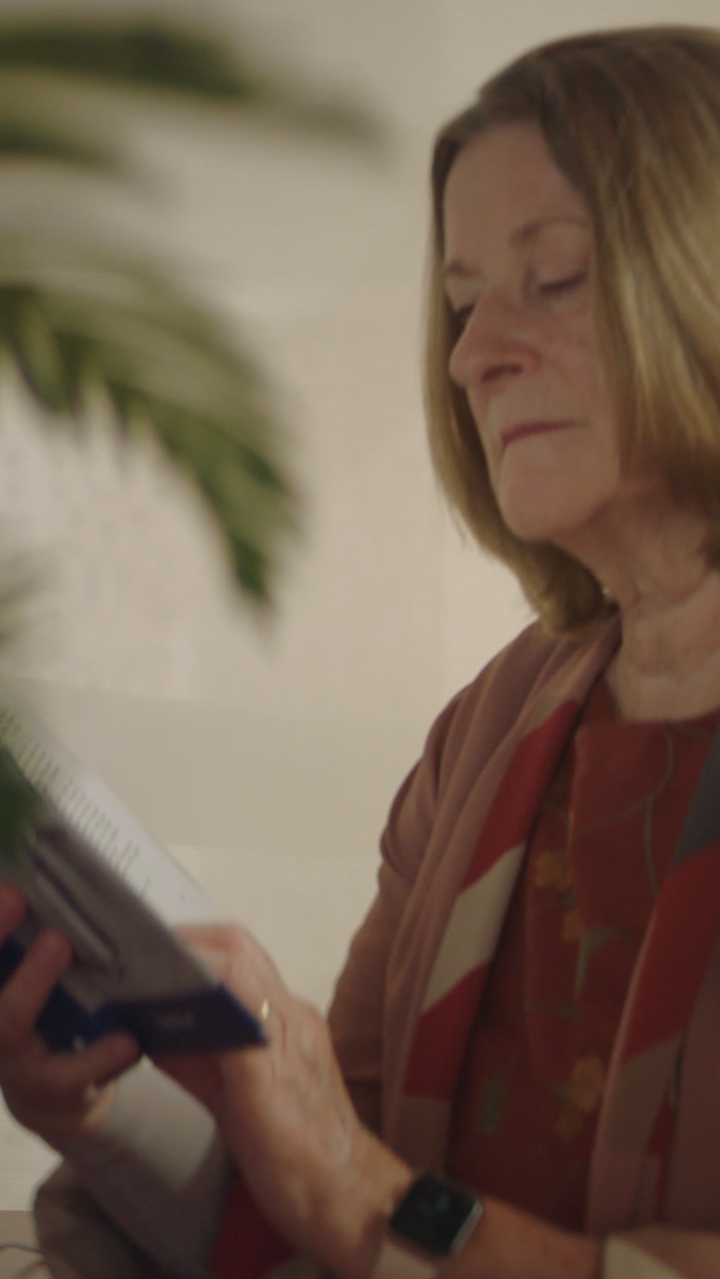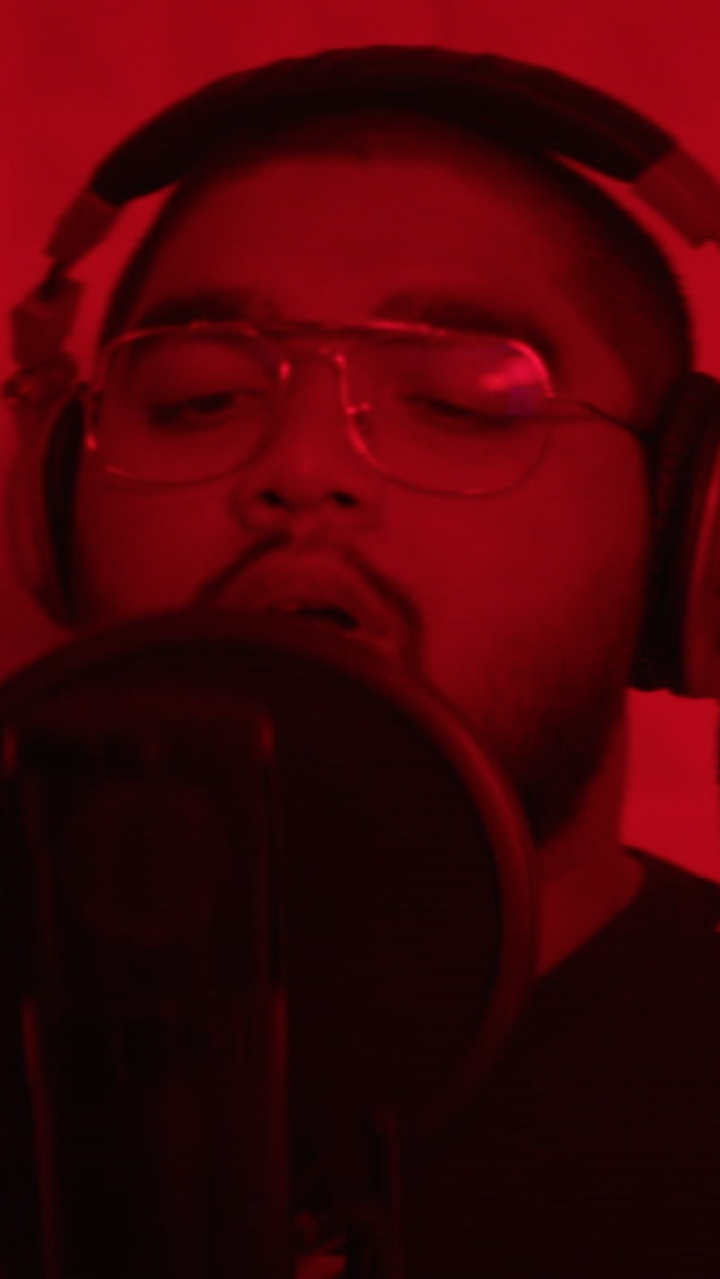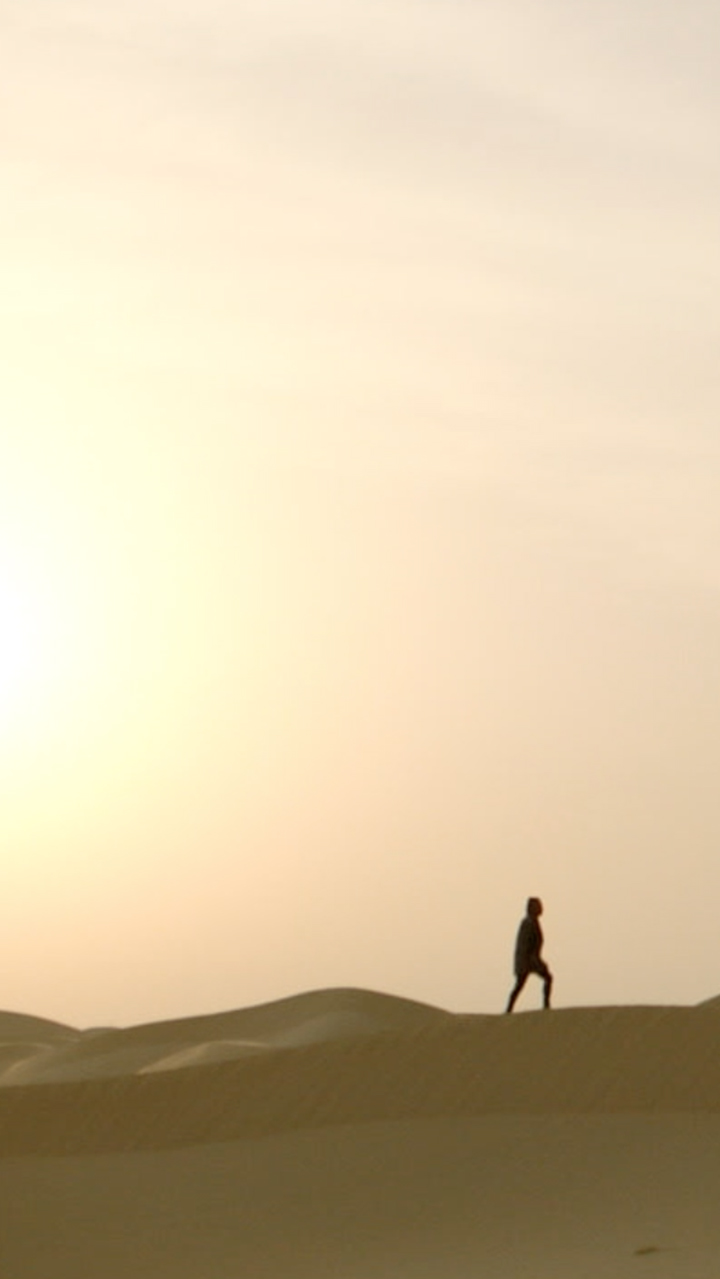The Story of Sports
When Khalid Ismail scored the UAE’s first ever World Cup goal against West Germany in Italy just over 30 years ago, he became an instant sporting hero.
One of the youngest and smallest nations to ever reach the World Cup finals, the UAE was the most unlikely of qualifiers. Every member of the team had been born before the country’s formation and fondly recalled playing football barefoot on the sandy side streets of Abu Dhabi, Al Ain, Dubai and Sharjah. It’s a story that the young Emirati footballer Areej Al Hammadi can easily relate to.
“My earliest memory was watching the World Cup,” she remembers. “It was ’98 and I remember me and my brothers used to go outside after watching all the games and mimic all these iconic moments. And that’s where it started really. I fell in love with the game.”
For years, the story of the country’s Italia ’90 footballers stood alone as the nation’s greatest sporting achievement. Thirty years on, however, the country’s sporting landscape, its competitive achievements, and its annual sporting calendar have grown beyond all recognition.
Over the past few decades the country’s sporting authorities, led by Abu Dhabi Sports Council, Dubai Sports Council and their counterparts across the Emirates, have adopted a principle of “if you build it, they will come”. And they have. From the Abu Dhabi Grand Prix (Formula One), the Dubai Desert Classic (golf) and the Emirates Airline Dubai Rugby Sevens, to the Mubadala World Tennis Championship, Sharjah World Championship Week (powerboat racing) and the Abu Dhabi Golf Championship, lovers of sport have become spoilt for choice. There’s the RAK Half Marathon, too, the UAE Tour (cycling), and the many UFC events that are held at Abu Dhabi’s Fight Island.
But it’s about far more than simply being part of an audience. It’s about participation, the great outdoors, adrenaline, competitiveness, fun, and healthy living. It’s about football, cricket, tennis, basketball, rugby and golf, yes, but it’s also about climbing, mountain biking, caving, snorkelling, diving and hiking. About skateboarding and BMXing. About the entire outdoor world.
“I consider myself a full-time adventurer,” says Khalifa Al Mazroui, a climber, diver and all-round daredevil. “Ninety-nine per cent of my life has been an adventure. Mountain climbing, going on discovery trips to explore new places in the Emirates… because there are a lot of places that are waiting to be discovered.”
The northern emirates in particular provide the kind of rugged, mountainous landscape that is ideal for hiking, rock climbing, caving and zip-lining, while endurance and equestrian activities, as well as dune bashing and sand surfing, can be enjoyed across the country’s vast desert. The coasts of Ras Al Khaimah, Fujairah and Sharjah are also havens for diving and snorkelling.
“When I inspire people to enter the world of adventure, sports and discoveries I feel happy that I drew them out of worldly attachments,” says Al Mazroui. “Climbing uses almost all your muscles, strengthens your nerves, and gives you flexibility and fitness. Also, the adrenaline rush.”
The benefits of sport are well documented. It keeps you fit, helps you sleep better, increases confidence, improves mental health, boosts brainpower, and heightens coordination, balance and flexibility. It can also be extremely sociable, as well as creating strong personal and collective bonds.
“I grew up a shy kid. I still am,” admits Al Hammadi, a midfielder with the UAE women’s football team. “So I think playing sports kind of provides you with a common ground and it provides you with a safe space where you can just be yourself. So it was easy to make friends there and I think it’s played a big role in who I am now.”
Importantly, the number of sporting role models has increased over the past few years. Sport shooter Sheikh Ahmad bin Mohammad bin Hasher Al Maktoum won gold in the double trap event in Athens in 2004, becoming the first Emirati to win an Olympic medal of any colour. During his career, the rally driver Mohammed bin Sulayem won a record 14 FIA Middle East Rally Championship titles, making him the most successful FIA title holder in the world. And the UAE’s flag bearer at the 2016 Summer Olympics was 18-year-old Nada Al-Bedwawi, the country’s first female Olympic swimmer.
“All of us try to be an inspiration and a good influence for younger girls,” says Al Hammadi, a Guinness World Record holder for the most ‘hotstepper’ ball control tricks in one minute. “You can achieve your goals, you can play sports, and you can be good at it.”
None of this would have been possible without the remarkable facilities that are now available across the country. Venues such as the Hazza bin Zayed Stadium in Al Ain, indoor arenas such as the Hamdan Complex, or architectural wonders such as Dubai International Stadium and Zayed Sports City in Abu Dhabi.
State-of-the-art gyms, as well as martial arts and boxing spaces, dot the Emirates, with many personal trainers becoming celebrities in their own right. Through organisations such as Duplays, Ahdaaf and Dubai Sports World, residents can also lease space or join leagues to take part in football, basketball, rugby, netball and volleyball leagues.
Importantly, all efforts are being made to ensure that sport is as inclusive as possible. In 2019, Abu Dhabi held the Special Olympic World Games, becoming the first Middle East and North Africa region to do so. In Dubai, the Fazza Championships for the Disabled, which is overseen by Sheikh Hamdan bin Mohammed bin Rashid Al Maktoum, seeks to enhance the social and cultural integration of people with disabilities.
At grass roots level, Heroes of Hope, the brainchild of Dubai-based PE teacher Hollie Murphy, is a shining example of a non-profit organisation that partners with local sports clubs to ensure children with disabilities are not left behind.
“It became very obvious to me that a lot of children in this region have got individual needs and in fact they weren’t exposed to the world as we know it,” says Murphy. “For a lot of families with children of determination, they’re so used to their children being excommunicated or being told no, for the first time they’re coming to these clubs and we’re saying yes.”
From the early pioneers practicing in the dust and shadows, through extravagant sporting tournaments, and ultimately to local participation, the story of sporting growth in the Emirates has been an inspirational, if non-linear, one.

